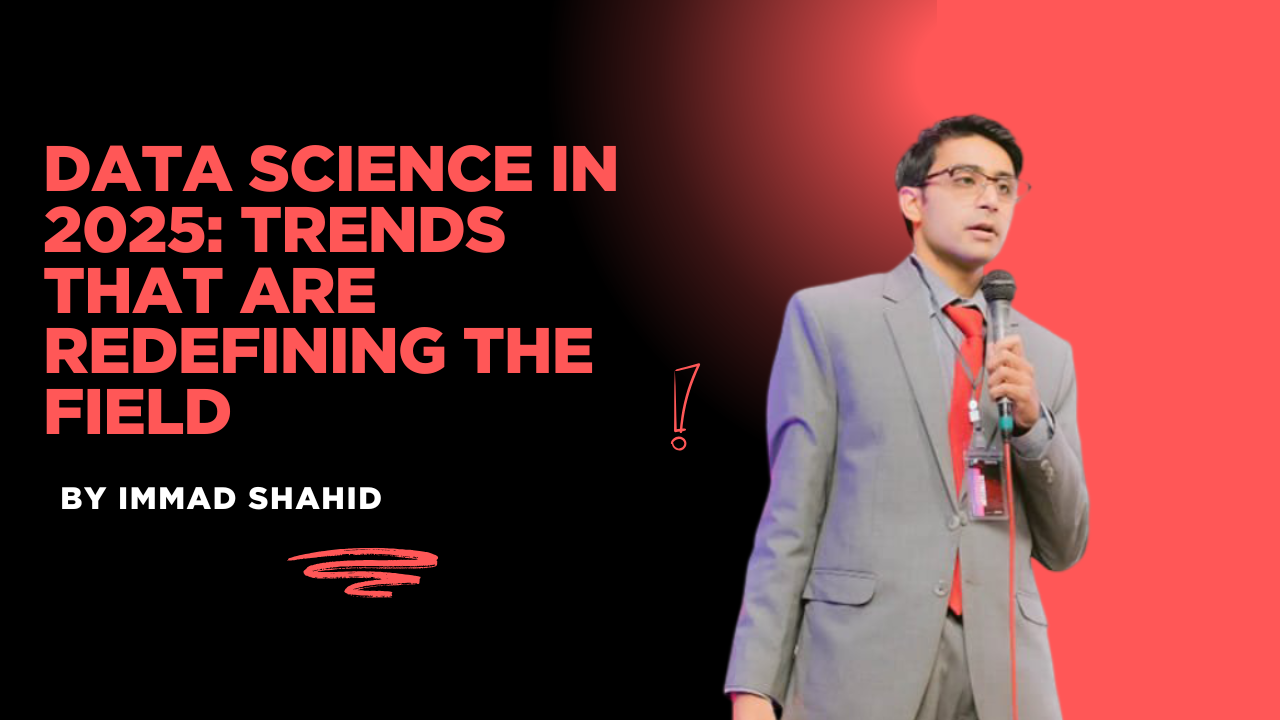You hear “AI” everywhere, right? It sounds like something out of a science-fiction movie, all robots and super-brains. But here’s the thing, it’s not some far-off future. It’s already here, in your pocket.
That filter you just used on your photo? AI. The playlist that just knows you wanted to hear that song next? AI. The annoying-but-helpful little text predictions that finish your sentences? Yes, you guessed it right, it’s again AI.
But all that is just the beginning. We’re on the edge of something as big as when the internet first showed up, a change that’s going to touch pretty much every part of our lives. And honestly, it’s a good idea to try and get our heads around it.
What’s This Going to Look Like in Real Life?
This isn’t just for tech geeks. This is for all of us.
- When we go to the doctor: This is a big one. Imagine doctors being able to spot cancer on a scan, earlier and more accurately than any human could alone. Or even getting medicine that’s not just a generic pill, but one designed specifically for your body and your DNA. That’s what AI is starting to make possible.
- How our kids will learn: We all had that one subject in school that just wouldn’t click. Now, picture a personal tutor for every kid, an AI that patiently figures out exactly how they learn and custom-builds lessons just for them. And what about teachers? This could be amazing. AI can take over the mountain of grading and paperwork, giving teachers their time back to do the stuff that really matters, inspiring, mentoring, and actually talking to their students.
- At the office: Let’s be real, a lot of work is just boring. The endless spreadsheets, the scheduling, the repetitive data entry. AI is becoming the perfect “new intern” who happily does all that stuff. This frees us, the humans, to do the work we’re actually good at, thinking up new ideas, solving tricky problems, and working with each other.
- Even in our towns: We all hate traffic. And we all hate waiting in line for government paperwork. AI is already being used to make traffic lights smarter, optimize bus routes, and get public services online so they’re faster and less of a headache.
Okay, Let’s Talk About the Elephant in the Room… Our Jobs.
This is the part that makes everyone nervous. “Is a robot going to take my job?” It’s a totally valid fear.
Here’s the plain-truth answer I’ve heard, and it makes the most sense to me, “AI probably won’t take your job. But someone using AI will”.
Think about it. When spreadsheets first came out, the accountants who refused to learn Excel got left behind by the ones who did. It’s the same idea.
AI is a tool. It’s like a calculator on steroids. It’s incredibly fast at processing information and spotting patterns, but it has zero empathy. It can’t lead a team. It doesn’t have a creative spark. It can’t sit down with a client and just listen.
The jobs of the future are all about partnering with this tool. The designer will use AI to spit out 50 ideas in two minutes, and then use their human taste and skill to pick one and make it brilliant. The manager will use AI to analyze the sales data, and then use their human intuition to decide on the next big move.
So, what do we do? We get curious. We learn. We stop trying to be fast calculators, we can’t win that race. Instead, we double down on the things that make us human, our creativity, our critical thinking, and our ability to connect with other people.
But It’s Not Perfect, Right?
No, it’s definitely not magic. AI is built by people, and it has some very human problems.
- It can be biased. If we train an AI on data from our world, which is full of human biases, the AI learns those same biases. That’s a massive problem we have to actively fight.
- It doesn’t “know” anything. An AI can write a beautiful poem about love, but it has never felt love. It doesn’t have common sense. It’s just an incredibly complex pattern-matcher. It doesn’t understand the “why.”
- The “Black Box” problem. Sometimes, we build an AI so complex that even we don’t know exactly how it got its answer. That’s pretty scary when you’re talking about medical diagnoses or bank loans.
The only way to deal with this is to keep humans in the loop. We need to be the ones making the final call. AI can be an amazing co-pilot, but we need to keep our hands on the wheel.
So, Why Bother? Why Should I Care?
Because this new tool is here, and it’s already making life easier. It’s drafting that tricky email for you, it’s helping you debug code, it’s giving you a recipe based on the random stuff in your fridge. It’s saving us time. And what’s more valuable than that?
You don’t need to go get a degree in computer science. You just need to be willing to play with the tools. Remember when using the internet first felt weird? Or when smartphones seemed too complicated? Now, we can’t imagine life without them.
Learning to use AI is just the next step. It’s about figuring out how to ask it the right questions to get helpful answers.
This whole AI thing isn’t about a future where we’re obsolete. It’s about a future where we’re amplified. Where we can use these tools to take our own skills and make them even better. The people who aren’t afraid to jump in and learn will be the ones who get to decide what that future looks like.
Thank you for reading… Please give your feedback in the comments below, or email at immad@immadshahid.com





Leave a Reply